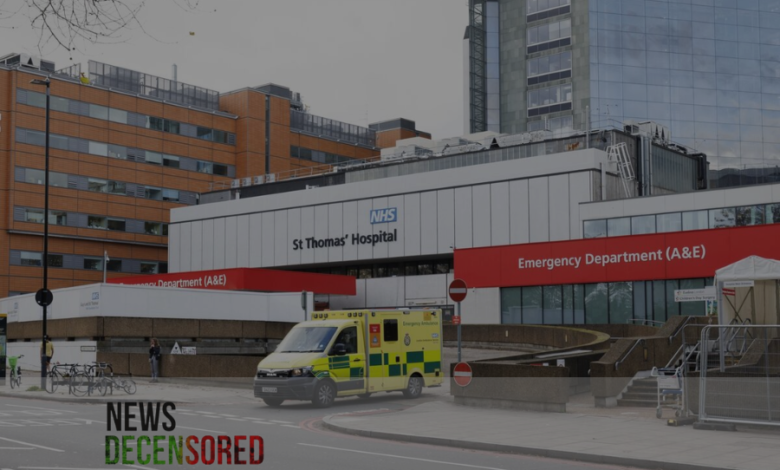Britain: Hackers publish stolen medical data from hospitals in London

One severe cyberattack recently affected the UK National Health Service (NHS), as hackers leaked personal test information and NHS numbers extracted from one hospital database. This breach illuminates the risk factors inherent in healthcare organizations and critical issues related to identity theft, privacy invasion, and abuse of personal data.
The attack struck at one of the country’s leading hospitals, the name of which has not been released because the police are still conducting their investigations. The hackers compromised the hospital’s IT systems and stole large volumes of identity and health information.
Implications for Patients:
The publication of NHS numbers and test data concerns severe risks for the individuals above. Organization Numbers are unique numbers assigned to patients to the patients’ records within the healthcare system within the realm of the National Health Services. If she incorporates these numbers, test results, and her other personal information, these numbers will help fraudulent individuals in identity theft or fake medical bill claims. When the health information of the patient is leaked to the public, then they may suffer discrimination or be stigmatized in society due to their illnesses.
Healthcare System Vulnerabilities:
The weakness demonstrated in this event is that the NHS needs to be a unified entity, but rather several organizations with multiple infrastructures and technologies that provide care. Due to the many warning signs and previous cyberattacks, including the WannaCry ransomware attack in 2017, it is evident that several fatal flaws in computer security still need to be addressed. These weaknesses may arise due to the use of old version applications and systems, weak security measures, and relatively poor funding in IT.
Response and Mitigation:
Subsequently, to address this issue, the NHS has vowed to investigate the culprits and analyze the circumstances surrounding the attack. This is followed by strengthening protection protocols, informing the patients of the breach and loss of their data, and providing post-incident support through credit monitoring and counseling.
Legal and Ethical Considerations:
Regarding legal and ethical concerns, there is also the question of releasing stolen data. Companies or organizations under the Data Protection Act of the UK and the GDPR have to protect personal data and report on data breaches within the company. There are legal repercussions that the concerned hospital can be subjected to, as well as further hefty penalties in cases of negligence in protecting patient data.
On the ethical level, the responsibility is to honor patient privacy and trust. The NHS needs to show responsibility for the breach, act to heal the damage caused by the violation, and reassure the patients and the public. The incident involving the recent cyber-attack on a hospital belonging to the National Health Service/NHS in the United Kingdom is not the most minor among such not-so-distant examples.
The non-disclosure of a patient’s information is not only a necessity of the law but also a duty towards the patient in preventing harm, malicious use, or breach of belief. Since the threat is dynamic and continues to grow, so are the approaches and resources to be allocated to protect this private health information.



